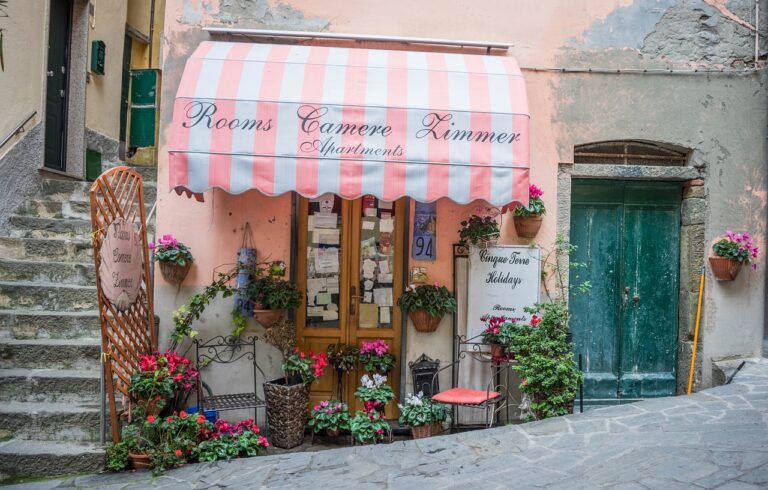The Role of Sustainability in Wine and Spirits: Eco-Friendly Production and Packaging
Sustainability in vineyards and distilleries is becoming increasingly important as the wine and spirits industry seeks to reduce its environmental impact. Many vineyards are implementing organic farming practices to minimize the use of synthetic pesticides and fertilizers, which can harm the soil and surrounding ecosystems. By using natural alternatives and focusing on soil health, vineyards can maintain the quality of their grapes while protecting the environment.
In distilleries, water conservation is a key focus area for sustainable practices. Many distilleries are implementing systems to recycle and reuse water throughout the production process, reducing overall water usage and minimizing wastewater discharge. Additionally, some distilleries are investing in renewable energy sources, such as solar panels or wind turbines, to power their operations and reduce their carbon footprint.
Reducing Carbon Footprint in Wine and Spirits Industry
One effective way to decrease the carbon footprint in the wine and spirits industry is by implementing sustainable farming practices in vineyards. This includes using organic fertilizers, practicing water conservation techniques like drip irrigation, and minimizing the use of pesticides and herbicides. By adopting these eco-friendly methods, vineyards can reduce their reliance on chemical inputs and help to protect the surrounding environment.
Additionally, reducing transportation emissions is crucial in lowering the overall carbon footprint of the wine and spirits industry. One way to achieve this is by sourcing grapes and other raw materials locally whenever possible. By reducing the distance that raw materials need to travel to reach the wineries and distilleries, companies can significantly decrease the emissions generated from transportation. Moreover, optimizing shipping routes and using more energy-efficient modes of transportation can further contribute to the industry’s efforts to combat climate change.
• Implement sustainable farming practices in vineyards
• Use organic fertilizers and minimize chemical inputs
• Practice water conservation techniques like drip irrigation
• Reduce the use of pesticides and herbicides
• Source grapes and raw materials locally whenever possible
• Optimize shipping routes for efficiency
• Use energy-efficient modes of transportation
• Minimize transportation emissions
Innovative Eco-Friendly Packaging Solutions
Many companies in the wine and spirits industry are embracing innovative eco-friendly packaging solutions to reduce their environmental impact. One popular option is using recycled materials for bottle packaging, such as glass bottles made from recycled glass or cardboard boxes made from recycled paper. This not only decreases the use of new resources but also helps divert waste from landfills.
Another eco-friendly packaging solution gaining traction is biodegradable packaging materials. Brands are exploring options like compostable bottles made from plant-based materials or biodegradable labels and closures. These initiatives aim to minimize the environmental harm caused by traditional packaging materials that can take hundreds of years to decompose. By adopting these sustainable packaging practices, companies can demonstrate their commitment to environmental stewardship and appeal to eco-conscious consumers.
What are sustainable practices in vineyards and distilleries?
Sustainable practices in vineyards and distilleries include using organic farming methods, conserving water, reducing pesticide use, and promoting biodiversity.
How can the wine and spirits industry reduce its carbon footprint?
The wine and spirits industry can reduce its carbon footprint by implementing energy-efficient practices, using renewable energy sources, optimizing transportation and distribution, and promoting recycling and waste reduction.
What are some innovative eco-friendly packaging solutions for the wine and spirits industry?
Innovative eco-friendly packaging solutions for the wine and spirits industry include using recycled materials, biodegradable packaging, lightweight bottles, and reusable packaging options.







